
When buildings or houses are approved for construction, the construction and architecture teams have to follow a building-code of compliance. The inability to oblige by building-code-compliance results in code violations. This in turn can result in the payment of penalties and even lawsuits against the owner. Whether you are buying a house, or constructing one, you have to know building codes.
To begin with, you first need to know what building codes are and how the violations may occur.
What are building codes?
Building codes are a checklist of rules and regulations that are to be followed by constructors and owners. The purpose of building codes is not just to protect the property, but to keep occupants safe from accidents or life threats.
Violating housing codes can result in serious consequences, and possibly even death. You may need to make necessary corrections before you can sell or move into your property.
Home codes are less likely to be broken in newer homes. To make sure the house is safe for purchasers and up to code, local inspectors frequently collaborate with new home builders. Usually, after a person moves in and has lived there for a while, code infractions become apparent.
Are building codes uniform across the USA?
Building codes can be a bit different from city to county to state level. These are enforced at the municipal, county or sometimes state level. While building code violations can be serious, most homeowners may be unaware of the potential violations.
Some of the building construction codes are local. They are as per the requirement of the area or county or state you live in. Some are at national level, and some are of international standards. But they all serve the same purpose; safety and security of the residents and the neighborhood.
Which houses can have code violations?
The old houses are more likely to have building code violations. Let’s say houses built before the 1980’s are more susceptible to code violations. This is because the building laws have changed or been amended over time. Secondly, even in the newly constructed houses, there are possibilities of code violations.
This happens when the residents, post shifting or while staying in the house, do some structural changes in the house. They are mostly unaware that the changes at construction or architectural level have to get approved by the relevant office first.
Otherwise, either that part would be ordered to be demolished by the relevant governmental office, or the owner has to pay a hefty fine. For instance, if you make a pool in your backyard, without approval from your local county’s office, you may have to close it later or pay a penalty.
Code violations a deal breaker?
The answer is NO! This is because no house can be promised to be safe from code violations at a 100% level. Firstly, as said earlier, if it’s an old house; it’s understood that laws were a bit different and less strict then.
Secondly, house code infringements may also arise from unauthorized repairs done to the property. To make sure the house is safe for purchase and up to code-compliance, local inspectors collaborate with home builders. In case, there are violations noticed, they present the owner or the buyer with a solution, so your investment and deal is safe.
Seven (7) Common Housing Code Violations

Although older houses are more likely to have “code violations”, they can also be found in new houses. This is more Common with DIY, but projects completed with contractors can sometimes be left with code violations too.
Following are SEVEN most common Housing Code Violations:
1) Venting Issues
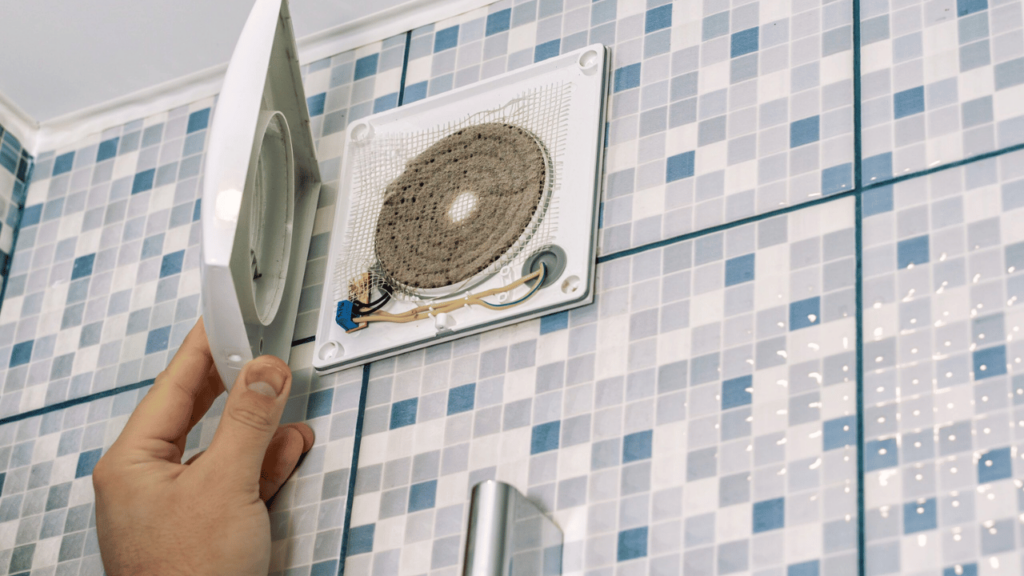
This can go from improper ventilation in the bathroom, to wrongly placed attic windows. For instance, the bathroom exhaust-fan should not open up into the attic, rather outside in an open air area. This goes to the number, size and heights of the windows in the house.
Not to forget the location of the windows and exhaust-fans also matter. Also, if your house has an Egress window in the basement, then it goes against building codes of construction.
2) Electrical or Mechanical issues
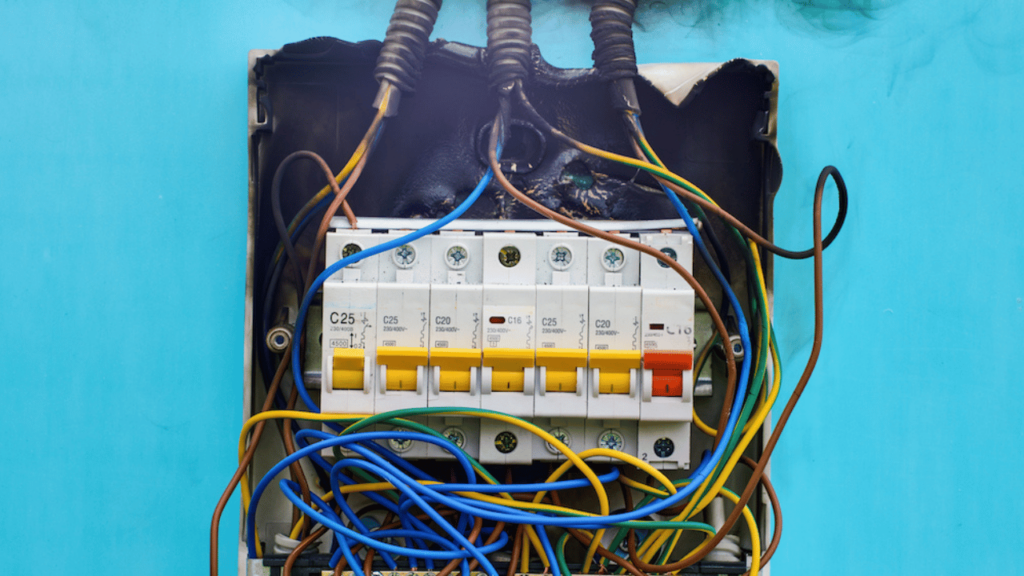
- The electrical outlets or light fixtures have to follow a code of compliance. Because a botched electrical work can be life threatening. Electrical wiring or box should be safe from any open exposition.
- The mechanical violations can be improper framing in walls. Or may be errors with notching or boring, improper air combustion, and improper appliance venting.
3) Defected Plumbing
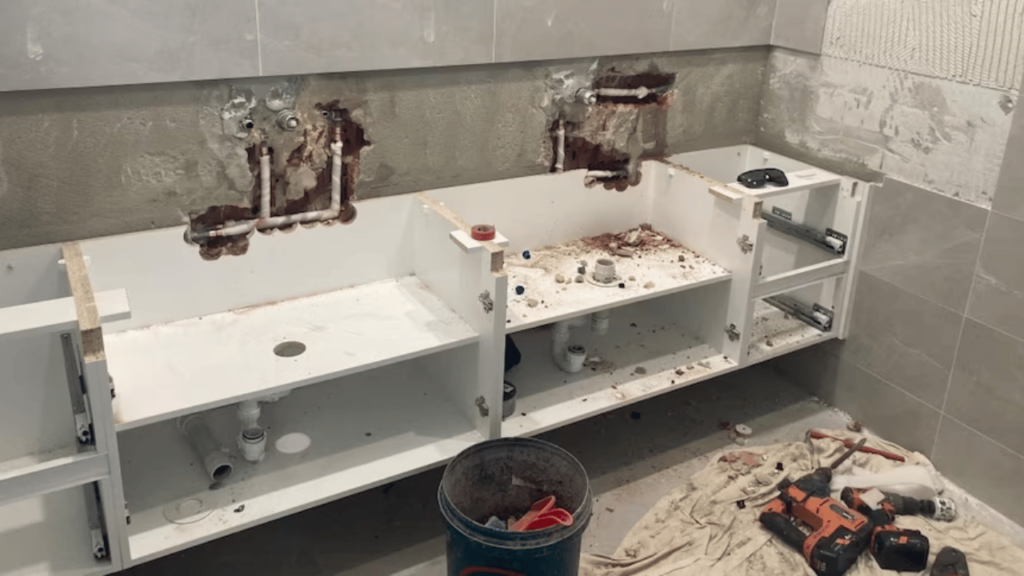
Of Course the experts can tell better after reviewing your property, about plumbing defects that violate building codes.
However, these can go from defective ventilation, to Faulty pipe slope, Inadequate backflow prevention, Insufficient pipe support, or any sort of non compliant fixture installation in your house plumbing infrastructure.
4) Missing handrails and defected Decks
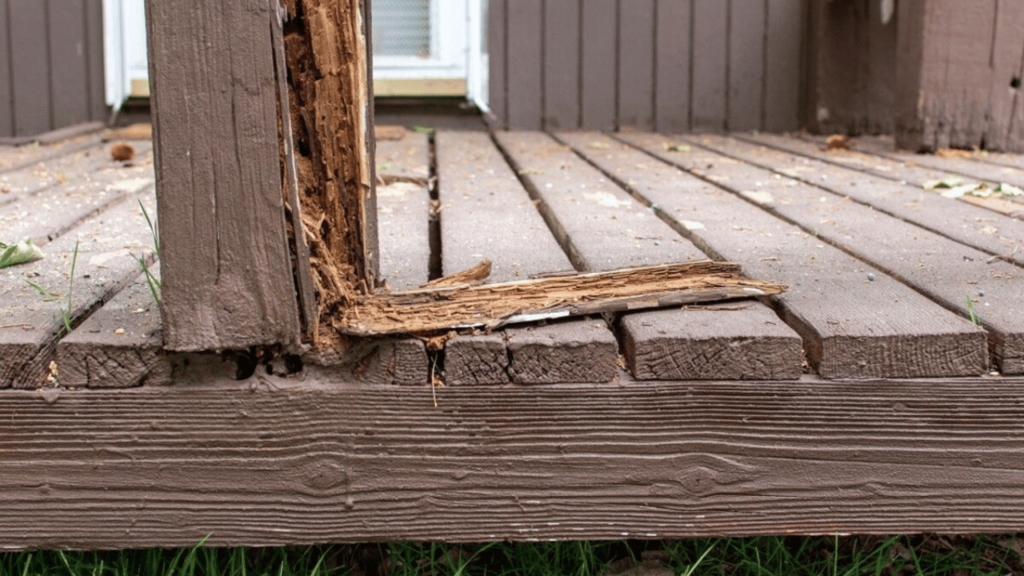
If the handrails are missing or there Handrails without a proper handle or return, then its building code violation. Because a bag strap or anything can get snagged and lead to accidents. Then there are fence height requirements, or Missed deck flashing.
5) Asbestos and Lead exposition
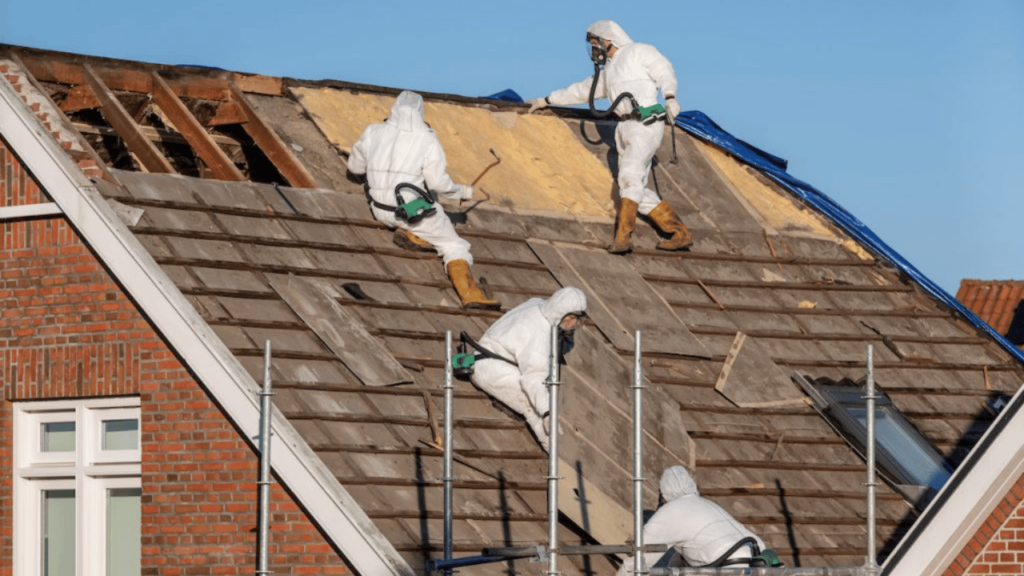
In 1976, the use of asbestos or lead was banned in houses. Atleast, these should not be openly exposed to the residents. Those are sometimes present in an alloy form, or there because the house was built before 1980’s. But should be properly covered so not to leave fiber or particles in the air.
6) Defected GFCI
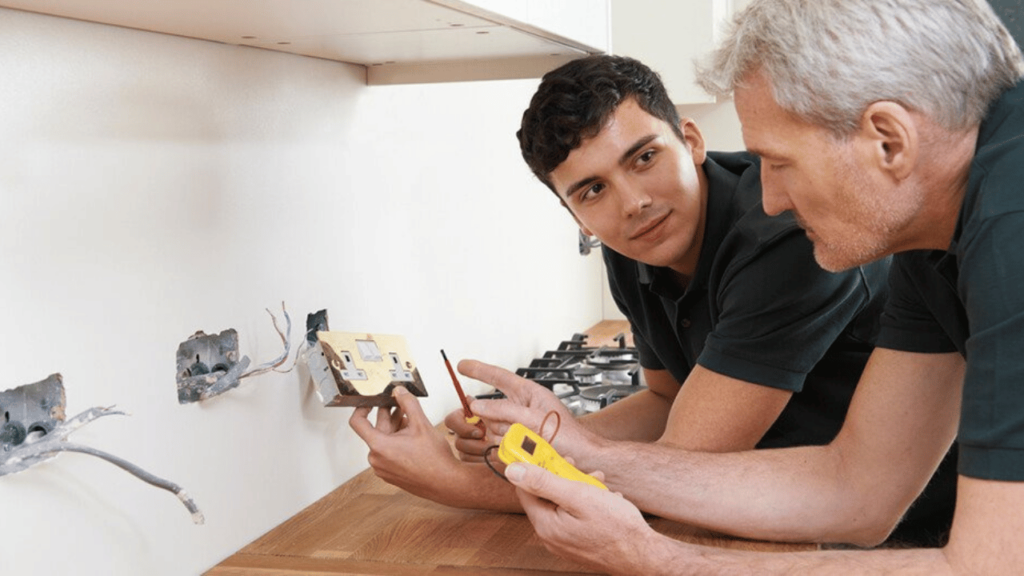
GFCI is a ground fault circuit interrupter. Basically, it’s an outlet that shuts off power upon detection of current flowing across the wrong path. The device cuts off current flow to the outlet by obstructing the circuit. Thus saves the danger of potential electric shock.
The GFCI outlets are supposed to be located in your house washrooms and kitchen as must. This is in compliance with the National Electrical Code (NEC). The reason is that rooms that can be damp or moist can cause danger of electric shock.
Then the house garage is another spot to contain a GFCI circuit. If the GFCI outlet is defected, or not located in the required spot, or in case improperly covered, then this counts as house code violation.
7) Issues with fire/smoke/Carbon Monoxide alarms
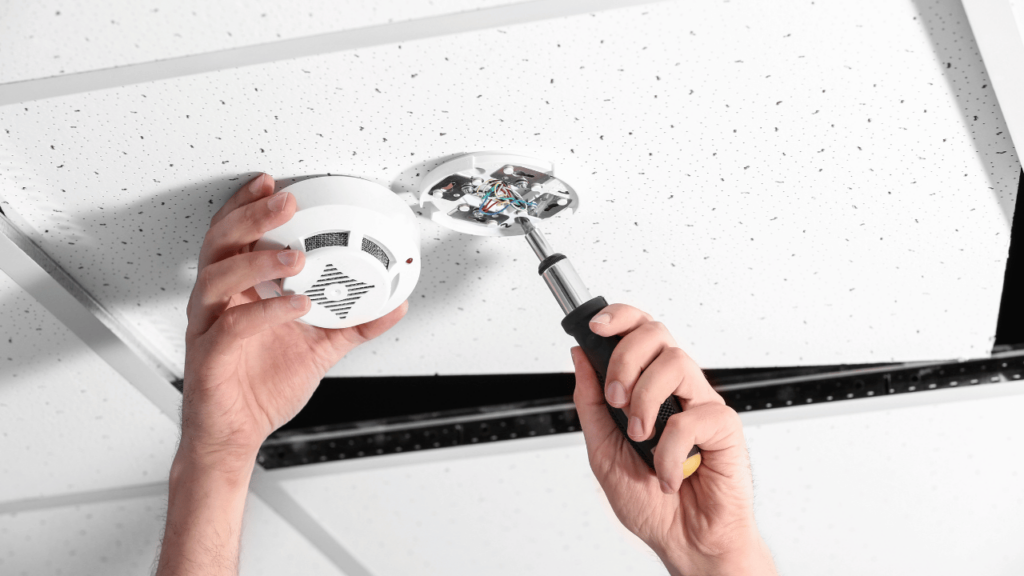
If fire blocking is missing, or the fire and smoke alarms are either defected or wrongly placed. There should also be carbon monoxide alarms properly placed with uptodate technology to ensure safety of the residents. Any defect or violation in these can breach the building code of compliance.
Options to sell a ‘house with code violations”

A house with disclosed code of violations is not a deal breaker. Ofcourse, as a seller you have to avail options to receive the best deal.
Following tips can help:
Disclose Code Violations To buyers
It is illegal to sell your house without revealing the defects to the buyer. Especially, when the defects count as code violations. It’s prudent to disclose the defects. The buyer can make up their mind to apply for repair or to contact the relevant specialist to remove the code violation.
Moreover, there are companies like hrpropertydoctor, who buy houses with code violations. They can either guide you about required repairs or do the work for you.
Consider Selling “As is”
Many companies, and start-ups buy the houses with code-violations, “as is”. This saves the owner from spending heavy fees on inspection and repairs.
Further, it also saves your sales time. They have their staff delegated to inspect and remodel the code violations. Nor you have to visit the local government offices for paper work or approval of procedures.
Sell your house for “On cash”
There are buyers willing to pay, despite knowing that your house has code violations. These are normally property buying and selling companies. They pay you upfront cash, at a market competitive price, as per your property value.
Ofcourse, they keep their cut, which they have to spend later on to revert code violations. It saves you a load of paperwork if sold on options other than, “on cash”.
Many of the taxes are also leveraged when you avail “on-cash” option to sell your house, especially with code violations.
Offer a Repair Credit or Lower the Selling Price
If you do not want into the nitty gritties of fixing your house code violations, then either you can lower the selling price or offer a repair credit. You will be surprised to know that code violations can be reverted sometimes under or a bit above $1000.
But not all owners can afford to pay for higher bucks if there are more serious violations. So, in that case you can offer a Repair Credit – a mentioned amount in dollars that the buyer has to spend later to fix the violations.
This is more likely with “as is” or “on cash” sales. In case if you are sending on mortgage, then there can be limitations with repair credit. In this instance, you can avail the option to “negotiate a lower selling price’.
How to fix house code violations?
It’s always possible to follow steps that can help you fix the house code violations. Some vital tips are mentioned below:
Hiring Licensed Professionals and Inspectors
Be it a new or an old house, there is always the possibility of violations of codes. There are licensed professionals who inspect the property for code of violations.
They prepare the report, and present the viable solutions. They will help you with fixing the code violations, and how to preserve the damaged spots.
Avoid DIY (Do it yourself) Repairs
Many times code violations result from DIY (Do it yourself) Repairs. Because the residents are unaware of the construction codes, and changes can result in violation of the said.
That’s why an expert’s consultation is always advised before going for any repairs or renovation.
Regular Maintenance and Upkeep of Buildings
This is rule of the thumb; regular maintenance and upkeeps let the owner know of the potential defects or code of violations; if any.
Getting the regular maintenance services make it easier for the owner to get the code fixations one by one. This saves time and cost as you do not have to spend it all, at once.
Sell a Home with Code Violations with HR Property Doctor
If you’re worried about selling your Home with Code Violations; first you should seek expert advice. Reach out to real estate market experts, or simply contact HR Property Doctor; we are here to assist. We are in business for years, with experience and expertise to serve homeowners like you.
Call us now 757.974.8334 for consultation or simply fill out the form below to get started. We’re eager to hear from you and help you make the best decision for your property.

